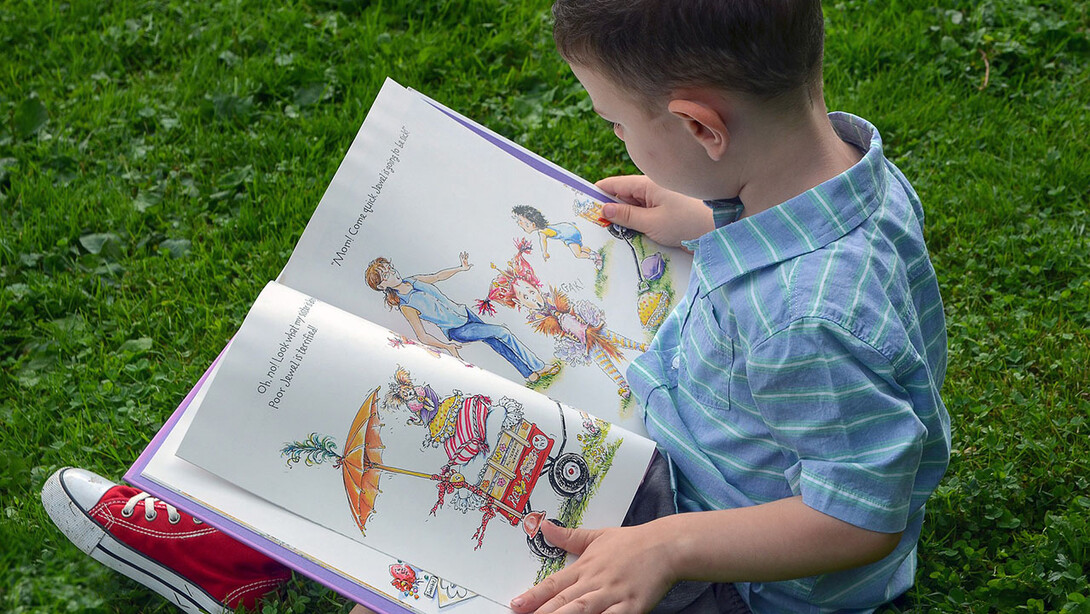
While the COVID-19 pandemic has forced the normal hustle and bustle of family life to a screeching halt, the juggling act of parents and caregivers continues. Parents are now trying to figure out how to deliver home schooling, put nutritious meals on the table and support their children’s emotional needs during an unprecedented time.
The University of Nebraska–Lincoln’s College of Education and Human Sciences and Nebraska Extension are ready to help.
“As a college, we have a great deal of expertise related to literacy, nutrition, mental health and strengthening family relationships,” said Justin Olmanson, assistant professor of instructional technology in the Department of Teaching, Learning and Teacher Education.
Olmanson recognized the immediate need for resources in these areas and got to work developing a podcast series called Stronger Together.
Each episode covers a different aspect of family interaction that can be supported by the human sciences. Olmanson hosts the 10-minute episodes and is joined by a number of experts from the college and extension.
During the first episode, he visits with Stephanie Wessels, family literacy expert and associate professor of teaching, learning and teacher education. They discuss simple ways to support children’s educational development when they are unexpectedly out of school. Wessels emphasizes the importance of having conversations with children. Explaining household chores, talking about the day or sharing old family stories can support the developmental needs of kids.
“Just being included in those conversations is really helping the cognitive development of students, and it’s also helping younger children develop that oral language, which will be beneficial in school,” Wessels said.
In another episode, Amanda Thomas, mathematics education expert and assistant professor of teaching, learning and teacher education, offers advice on simple ways to support kids’ mathematical development. She suggests using household items such as a clock, scale, tape measure or cooking utensil to introduce mathematics in family activities.
“Cooking is a really easy one. Let kids help cook,” Thomas said.
Even when baking a simple batch of cookies, there are a number of math opportunities. The temperature of the oven, baking time and measuring ingredients can all be used to support kids’ math development. Thomas also encourages parents to ask a lot of questions to make the situation even more mathematical. For instance, how much flour would need to be added to the recipe to double the batch?
Future episodes of Stronger Together will offer resources on nutrition, family well-being, learning outdoors and family growth.
To suggest episode topics, email Olmanson at jolmanson2@unl.edu.







